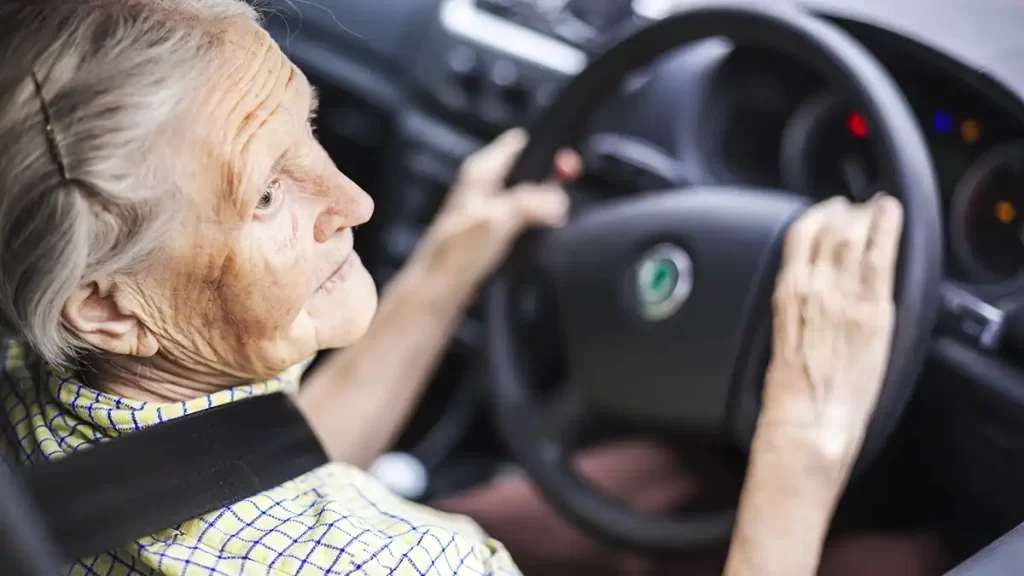If you are over 60 and being completely honest, then you might just admit that you’re not the driver you were 20, 30 or 40 years ago.
Perhaps your reflexes aren’t as good. Perhaps you don’t have the lateral awareness you once had. How’s your flexibility when reversing? Does night driving worry your eyes?
Ah yes, you might be saying, but I’m more experienced and more careful than when I was young. Could that mean you’re driving a bit slower and, if you are, how much slower?
How are you going to react when one of your kids puts a loving arm on your shoulder and says: “I think you should consider retiring from driving.”
And don’t think for a minute that such a time won’t come. That it won’t happen to you. It will, and it will be as hard for the person who tells you as it will be for you to hear it.
There are ways to reduce the impact of that moment when you realise – or are told – your driving days are over.
Ask somebody what they think of your driving. Somebody younger. Listen to what they say. Don’t launch into an objection.
Check your car. Are there bumps or scratches that weren’t there the other day and you’ve got no idea how they got there? Perhaps you hit something and didn’t realise.
Are your kids reluctant to let you drive the grandchildren? Are your friends reluctant to let you drive them anywhere?
Websites such as VicRoads have plenty of advice, not just for older drivers, but for those charged with telling a loved one that perhaps it’s time.
The site points out that self-regulating can result in more enjoyable driving. For example, restrict driving to times of the day and conditions that are less stressful.
And get to know how to use public transport, thereby reducing dependency on a car.
“With help, an ageing driver will often be able to modify their behaviour and gradually transition from driving to getting around without a car, rather than having to suddenly stop driving altogether.”
According to VicRoads, other sensible strategies for older drivers include:
- avoiding busy roads and peak hour traffic
- avoiding glare by not driving at night or into the setting or rising sun
- taking extra care when driving from shaded areas into sunlight and vice versa
- avoiding driving in bad weather
- not driving on days when you are not feeling at your best.
If you’re not sure about your driving skills, ask an expert. Royal Automobile Clubs throughout Australia can make somebody available to test you, reputable driving schools would be happy to help, and there are occupational therapists who specialise in driving assessments.
If you have more confidence, you should be a better driver. But if you think you should hang up the keys forever, think of the money you’ll save on insurance, registration, petrol and services.
You’re smiling now, aren’t you?
Do you know someone who had to be told to stop driving? When did you hang up the keys? How will you handle the situation when it’s your turn?
Read: Best way to parallel park your car, according to engineers

